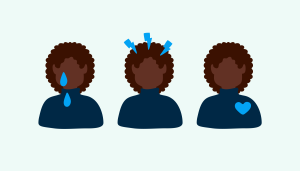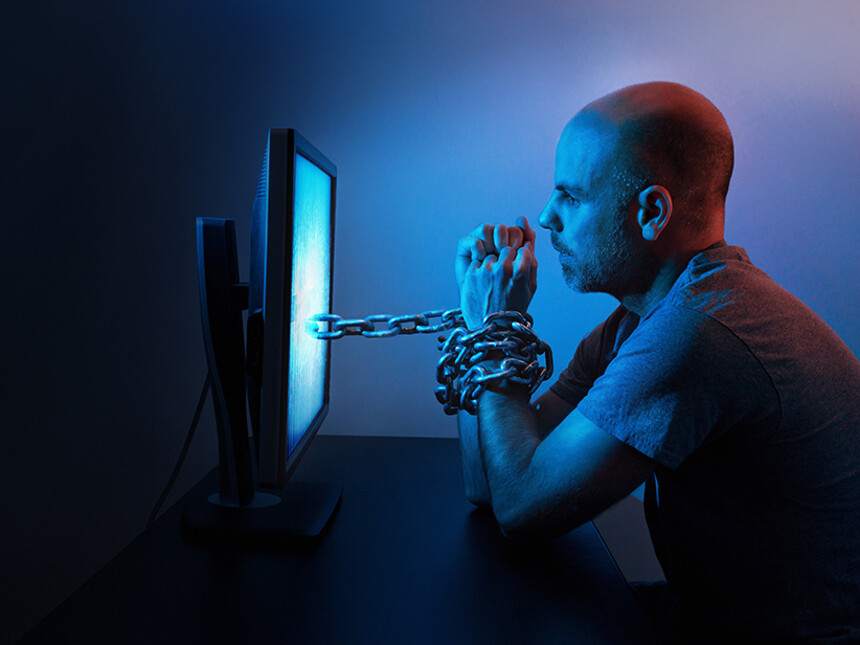In today’s digital age, social media has become a double-edged sword, offering a mix of connection, entertainment, and information, but also contributing to a phenomenon known as emotional whiplash. This term describes the rapid and intense shifts in emotion that users experience when scrolling through their feeds, bombarded by drastically different content—from heartwarming stories to distressing news—in a matter of seconds.
Understanding Emotional Whiplash
Emotional whiplash is more than just a buzzword; it’s a real and growing concern for social media users. One moment you’re laughing at a funny meme, and the next, you’re confronted with tragic news, leaving you feeling confused, overwhelmed, and emotionally drained. This constant rollercoaster of emotions can lead to a numbing effect, where you become desensitized to both positive and negative experiences.
Research has shown that the brain isn’t equipped to handle such rapid emotional shifts, leading to a state of mental fatigue. Over time, this can result in increased anxiety, stress, and even depression, as users struggle to process and manage the barrage of emotions.
The Impact on Mental Health
The impact of emotional whiplash on mental health cannot be understated. Constant exposure to distressing content can trigger feelings of hopelessness, anxiety, and emotional exhaustion. On the other hand, the brief moments of joy or relief provided by uplifting content can feel hollow, as they are often overshadowed by the next wave of negativity.
Moreover, the unpredictability of what might appear next on your feed adds to the stress. This uncertainty can make it difficult to mentally prepare for what’s coming, leaving you in a constant state of alertness, which is detrimental to long-term mental well-being.
Practical Tips to Manage Emotional Whiplash
Managing emotional whiplash requires a proactive approach. Here are some practical tips to help you maintain emotional balance:
- Set Boundaries: Limit your time on social media and be mindful of when you’re using it. Avoid late-night scrolling, which can disrupt your sleep and leave you feeling emotionally drained.
- Curate Your Feed: Follow accounts that promote positivity and well-being, and unfollow or mute those that consistently share distressing content.
- Take Breaks: Regular digital detoxes can help reset your emotions and give your mind a break from the constant stimulation.
- Practice Mindfulness: Engage in mindfulness exercises to help stay grounded and present, reducing the impact of sudden emotional shifts.
- Seek Support: If you find that emotional whiplash is taking a toll on your mental health, don’t hesitate to seek support from a mental health professional.
The Side Effects of Emotional Whiplash
The constant emotional ups and downs can lead to several side effects, including:
- Emotional Numbing: Over time, you may find it harder to feel strong emotions, as your brain tries to protect itself from the constant barrage of stimuli.
- Increased Anxiety: The unpredictability of social media content can leave you feeling anxious and on edge, always anticipating the next emotional hit.
- Sleep Disruption: Late-night scrolling, especially through distressing content, can make it difficult to unwind and fall asleep, leading to insomnia or poor-quality sleep.
- Desensitization: Repeated exposure to graphic or disturbing content can make you less sensitive to real-world issues, reducing empathy and compassion.

Final Thoughts
While social media offers numerous benefits, it’s crucial to recognize when it’s becoming detrimental to your mental well-being. If you find yourself overwhelmed by emotional whiplash, consider limiting your social media use or taking a complete break for a month or two. This time away can help you reset, regain emotional balance, and reconnect with the real world, free from the constant barrage of online stimuli. Prioritizing your mental health by stepping back from social media can lead to a more peaceful, mindful, and fulfilling life.

